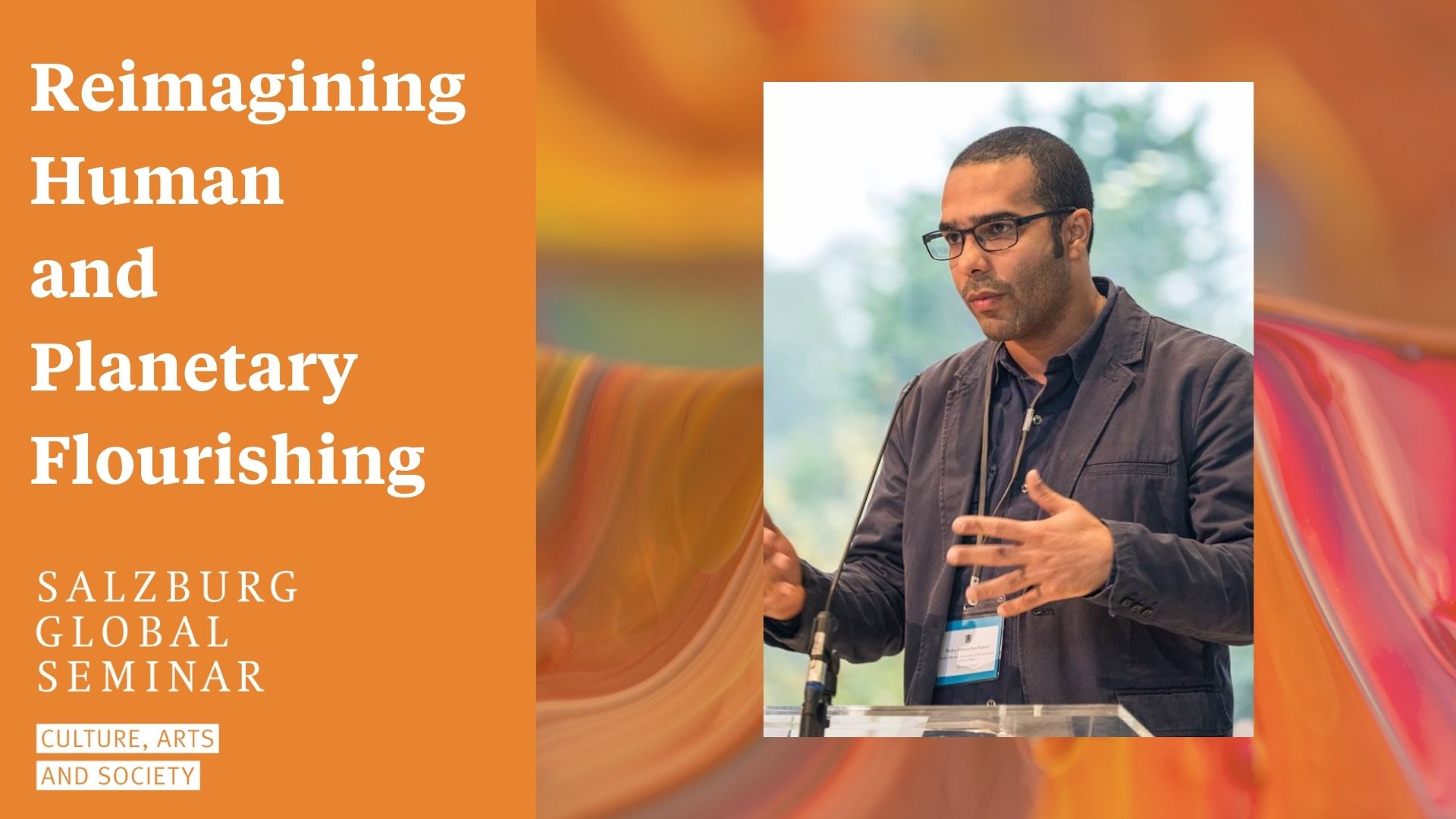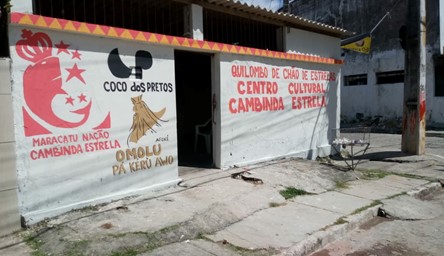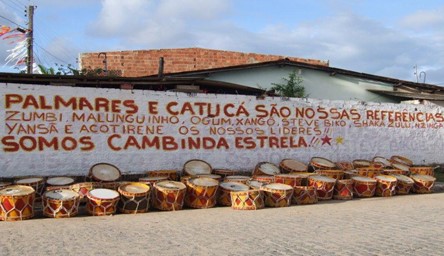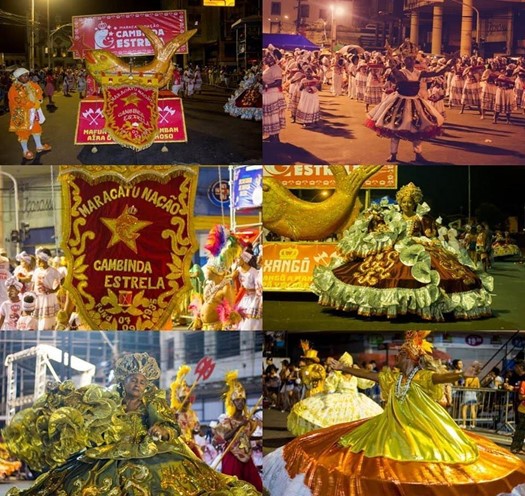
Breaking the Silos: Towards Collaborations and Systemic Problem Solving

It has been proven through observation, experience and research that culture is able to resolve or at least mitigate many global challenges. Passionate about the sector in which I work, I tend to romanticize the belief that culture is THE or at least one of the main avenues that can lead us towards a more sustainable world. This belief is unshakable until the point when I talk with friends from the technology sector who come up with incredible ideas and data to prove how technology has improved the world, and when I then imagine my tech friends’ beliefs getting shaken when a friend from the education sector affirms education to be the way. Everybody is right, and intersections are needed.
The Sustainable Development Goals (SDGs) are indeed a super intersectional glue bringing different domains together. Despite the absence of its own SDG, culture is present in many ways with typical partners being education, innovation, city planning, well-being and climate. The systemic problems of this world need multifaceted responses. For this reason, I see with enthusiasm the growing interest of institutions from the cultural sector in taking part in events from other knowledge areas. Beyond that, it is great to see programs in the cultural sector encompassing other development priorities. However, is the cultural sector doing enough to get closer to other sectors? It is common to see the same faces at cultural events organized around Europe. This makes me wonder if we are in fact still working in silos with the “usual suspects”.
The cultural sector is the one that is typically left behind in basically all government budgets worldwide. Nonetheless, the cultural sector does a lot with very little to make this world a more livable place, especially in vulnerable territories.
Referring back to my own roots, the community of Chao de Estrelas, located in the suburbs of Recife, has approximately 25,000 inhabitants, of whom 56% are self-declared Black. Recife is considered the 7th most dangerous capital in Brazil and the 22nd most violent city in the world. In the city, the risk of death for a young black man (including those self-declared brown and black) is considered to be 11.5 times greater than that of a young white man. The community has been neglected by the government and until 2005, social problems that require 360 degrees systemic interventions – such as drug trafficking, violence, homophobia, misogyny to name but a few – have dominated the local scenario.

Based in Chao de Estrelas for the last 83 years, the Cultural Center Cambinda Estrela has witnessed drastic changes in the community. Initially created in 1999 as a carnival group to preserve the Brazilian cultural heritage of Maracatu, Cambinda Estrela became an institution dedicated to solving and mitigating social problems. Since then, the Cultural Center has always had the direct and indirect objective to improve living conditions in the area. The first initiative was to raise the self-esteem of the local people by simply painting the walls of the neighborhood with references to afro-indigenous Brazilian heroes along with messages of love and acceptance. The second was to use the headquarters - which is around 90sqm - to develop a wide range of courses, debates and lectures for youth and adults and to offer extra-curricular support for elementary and secondary students.

After some years, members of the Center could feel that things were improving through the initiatives. Nonetheless, more needed to be done to definitively bring peace to the community and consequently improve socio-economic and educational conditions in the area. To achieve this, cultural activities alone were not enough. The strategy adopted by the Center, therefore, was to break the silos and start working with other actors who could contribute to the development of the community. Interestingly enough, the first actor to be approached by the Center was the police – considered to be the “oppressor” by many in the community. The second group of actors was the nearby schools. Perceiving the need to learn from other sectors, the Center also invited NGOs dealing with psychology and other pressing issues in the area to collaborate with them. Through opening our own doors, partner institutions also opened their doors to us, and the expertise we co-developed could then be transferred to other communities in the city.
Whenever I forget that culture can´t do it alone, I look back to this example and look around to check: whom can I partner with? Whom can I learn from and exchange with? To create more synergies that lead to shared systemic solutions, Cambinda Estrela’s recipe was basically based on opening its doors, developing multidisciplinary events, and inviting others to be invited ourselves.

Let´s not forget that other domains also need to drink from the powerful source of culture to gain energy and lead us towards a more sustainable world.
Pedro is a musician and consultant in the cultural, creative and development sectors. With a master's degree in International Relations and Cultural Diplomacy from the University of Furtwangen, Germany, Pedro is focused on integrating culture and creativity in sustainable development structures mainly in Latin Americans and Africans. Pedro was a consultant for United Nations Trade and Development Organization (UNCTAD) and is a permanent member of the International Cultural Relations Research Alliance from the German Ministry of Foreign Affairs.